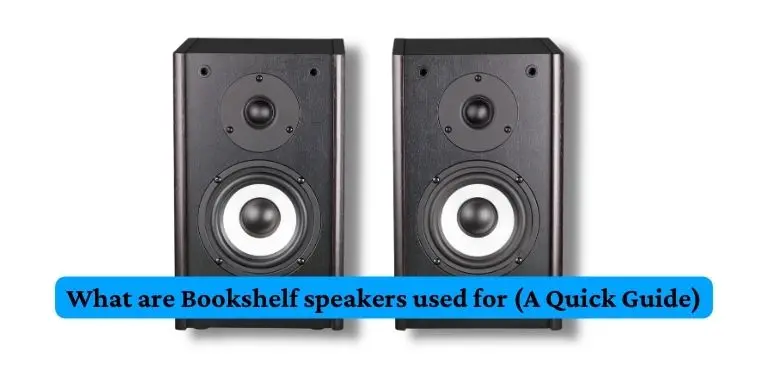Bookshelf speakers can be used for a variety of purposes, including home theater, music listening, gaming, and computer audio.
These compact speakers are designed to fit on a table, shelf, floor space, or any raised surface or other plan surface and are perfect for a wide range of applications, from home audio systems to studio monitoring.
Despite their compact size, they are a versatile option for home audio systems, offering high-quality surround sound, in a relatively small package.
In this article, we will explore what bookshelf speakers are used for, how they work, and why they are an essential part of any audio setup.
Why Choose Bookshelf Speakers Over Other Types Of Speakers?
Bookshelf speakers offer several advantages over other types of speakers. Firstly, they are compact and can be placed in small spaces, making them ideal for those with limited space.
Secondly, bookshelf speakers are versatile and can be used for a variety of purposes, from home theater to gaming.
Finally, bookshelf speakers are often more affordable than larger speakers, making them an excellent choice for music lovers and those on a budget.
Uses Of Bookshelf Speakers
Home Theater
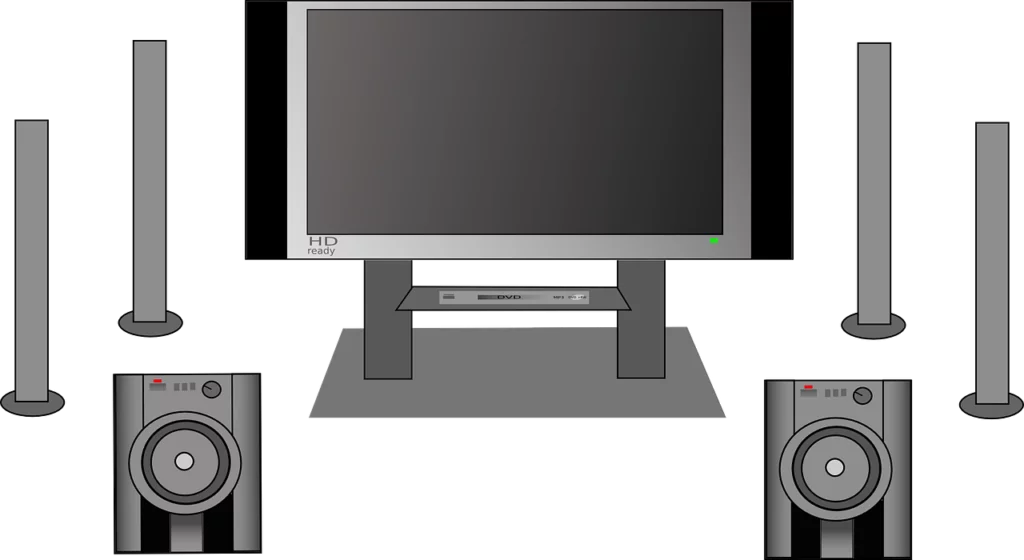
Bookshelf speakers are an excellent choice for home theater systems. They can be used as front, center, or surround speakers, and can deliver high-quality sound that enhances the overall viewing experience.
Music Listening
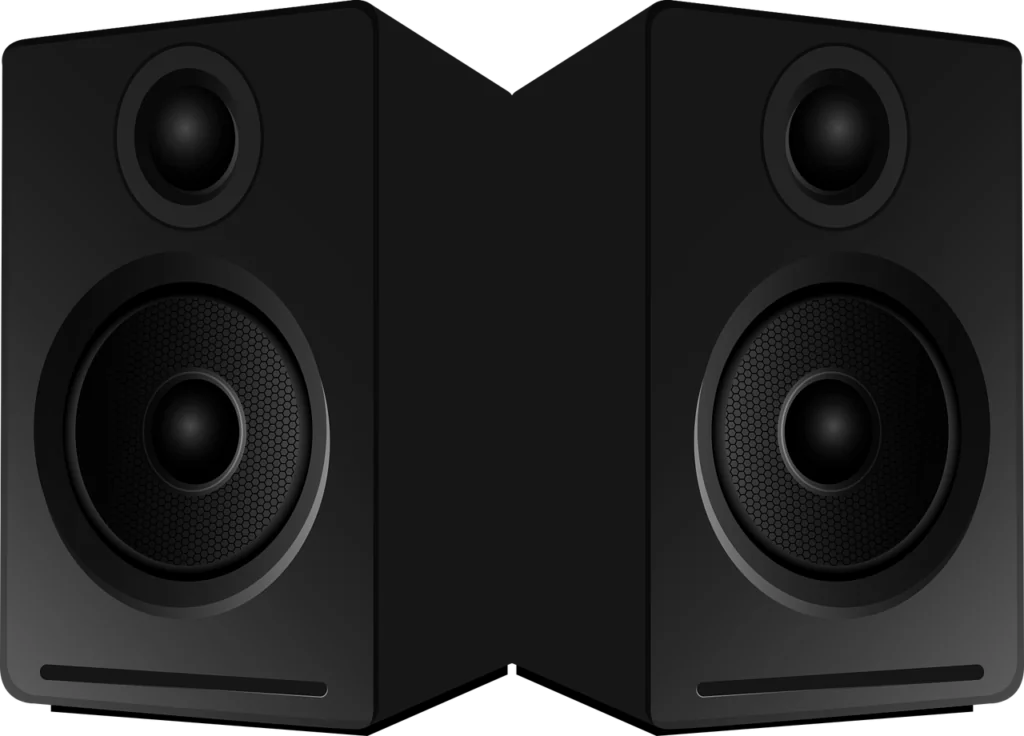
Bookshelf speakers are also ideal for music listening. They can reproduce the full range of frequencies, from low bass to high treble, with low bass and high frequencies, providing an immersive listening experience.
Gaming
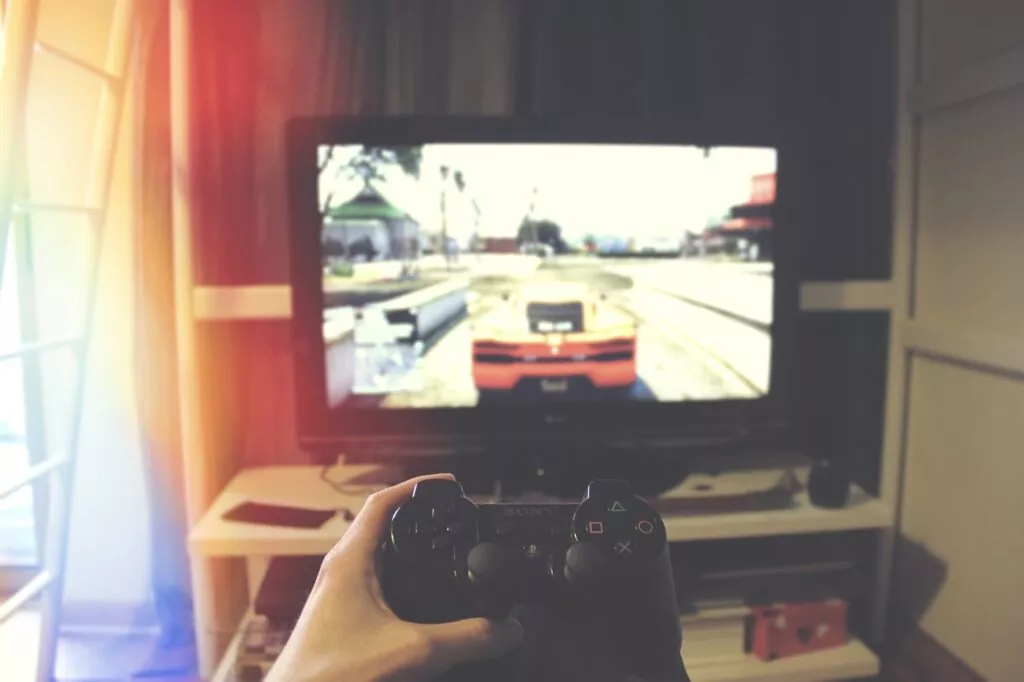
Bookshelf speakers are perfect for gaming, as they can provide clear, precise audio that allows gamers to hear every detail of the game.
Computer Audio
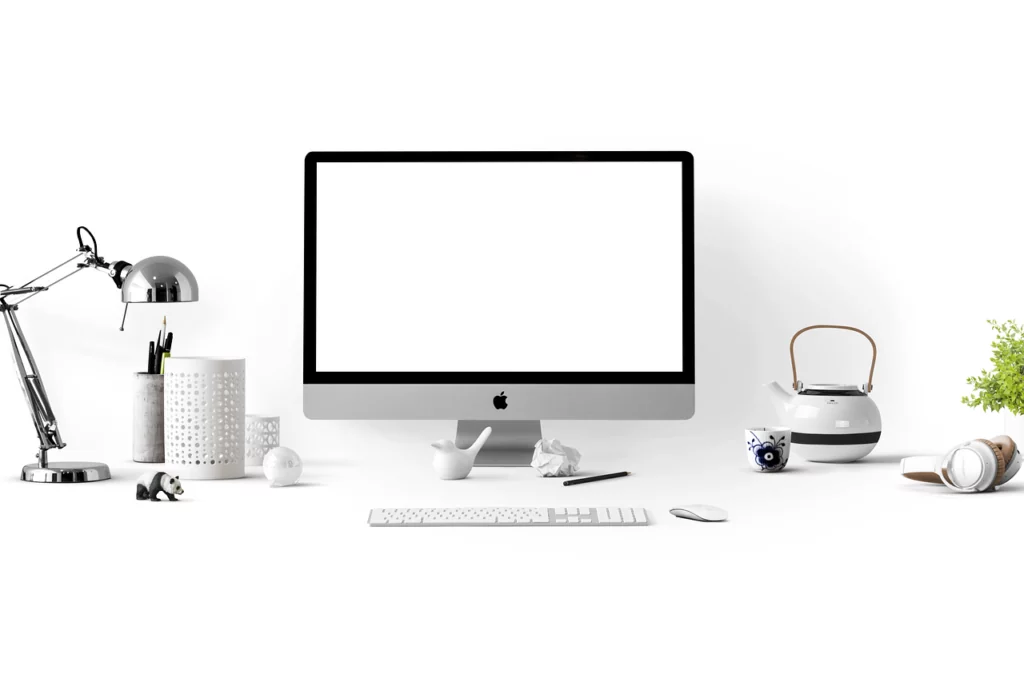
Bookshelf speakers can also be used for computer audio. They can be connected to a desktop or laptop computer, providing high-quality sound for music, movies, and gaming.
Learn More: How To Connect Bookshelf Speakers To PC
Outdoor Audio

Bookshelf speaker can be used for outdoor audio. They are compact with enough space to be taken outside and can provide high-quality sound for outdoor parties and events.
How To Choose The Right Bookshelf Speakers For Your Needs
When choosing bookshelf speakers, there are several factors to consider. Firstly, consider the size of the room where the buy bookshelf speakers will be used. Larger rooms may require larger speakers, while smaller rooms can be adequately served by smaller speakers.
Secondly, consider the power handling of speaker drivers in the speakers. Speakers with higher power handling can deliver deeper bass louder, clearer sound.
Finally, consider the impedance of the drivers and the speakers. Speakers with a lower impedance can be more efficient and require less power to drive, but may not be compatible with all audio equipment.
Setting Up Bookshelf Speakers
Setting up bookshelf speakers is a straightforward process.
Firstly, position the speakers at ear level, either on a speaker stand, on a bookshelf, or on speaker stands.
Next, connect the speakers to your audio equipment, such computer speakers such as a receiver or amplifier, using a speaker wire.
Finally, adjust the volume and tone controls on your audio equipment to achieve the desired sound.
Do bookshelf speakers sound good?
Bookshelf speakers can definitely sound good, but it depends on various factors such as the quality of the speakers, the room they’re placed in, and the audio equipment they’re paired with.
Generally, bookshelf speaker can produce a wide range of sound frequencies and offer excellent clarity and detail, making them ideal for listening to music, watching movies, or playing games.
However, their compact size can limit the depth and power of the bass, so if you’re looking for deep and impactful bass, you might need to pair bookshelf speakers with a subwoofer.
Overall, if you choose high-quality bookshelf speakers and place them in an appropriate room, they can deliver excellent sound quality and make a great addition to your audio setup.
Bookshelf Speakers Vs. FloorStanding Speakers
Bookshelf speakers and floor standing speakers both have their advantages and disadvantages. Floor standing speakers are typically larger and can deliver more powerful, immersive sound.
However, they are also more expensive and may not be suitable for smaller rooms. Bookshelf speakers, on the other hand, produce sound well, and are compact and versatile, making them an excellent choice for those with limited space or a tight budget.
Bookshelf Speakers Vs. Soundbars
Soundbars have become increasingly popular in recent years, thanks to their compact size and easy setup. However, soundbars are often unable to match the audio quality of bookshelf speakers, especially when it comes to stereo separation and low-frequency response.
Additionally, soundbars may not be suitable for larger rooms or home theater setups.
Bookshelf Speakers Vs. In-Ceiling Speakers
In-ceiling speakers are designed to be installed in the ceiling of a large room, providing discreet, out-of-sight audio. While in-ceiling speakers can be an excellent choice for multi-room audio setups, they may not be suitable for all situations.
Bookshelf speakers can provide higher-quality sound and more precise stereo imaging, making them a better choice for critical listening or home theater setups.
Bookshelf Speakers vs. Powered Monitors
Bookshelf speakers are passive speakers that require an external amplifier or receiver to power them. This means that you’ll need to purchase additional equipment and ensure that it’s compatible with your find bookshelf speakers first. However, passive bookshelf speakers can provide a more customizable and upgradeable audio system, as you can swap out the amplifier or receiver as needed.
Powered monitors, on the other hand, have a built-in amplifier and can be connected directly to a music source. This makes them a more compact and convenient option, as you don’t need to worry about purchasing additional equipment. However, the built-in amplifier can limit the flexibility of the system, as you can’t easily swap it out for a different one.
In terms of sound quality, both can offer excellent performance. Bookshelf speakers can often provide a wider frequency range and better detail, while powered monitors can offer more precise and accurate sound due to their built-in amplification.
Overall, the choice between bookshelf speakers and powered monitors will depend on your specific needs and preferences. If you want a more customizable and upgradeable sound system, bookshelf speakers might be the better choice. If you prefer a more compact and convenient option, powered monitors could be the way to go.
Bookshelf speaker vs Tower Speakers
Bookshelf speakers are smaller and more compact than tower speakers, which can make them easier to fit into smaller spaces. They can be placed on bookshelves, stands, or desks, making them a versatile option. However, their smaller size means that they may not be able to produce the same level of bass as tower speakers, and their soundstage may not be as wide.
Tower speakers are larger and more powerful than bookshelf speakers, which can make them a great choice for larger rooms or for those who want to fill a room with sound. They can produce more bass and a wider soundstage than bookshelf speakers, making them ideal for home theater setups. However, they can be more expensive and take up more space in your room.
In terms of sound quality, both speakers can offer excellent performance. Bookshelf speakers can provide serious audio enthusiasts with a more detailed and precise sound, while tower speakers can provide a more immersive and powerful sound.
Bookshelf speaker vs Satellite speakers
These speakers are both compact options right speakers that can be used for home theater or music systems, but they have some key differences.
Bookshelf speakers are typically larger than satellite speakers, which allows them to produce more robust and accurate sound. They are usually placed on stands or bookshelves and can be paired with a subwoofer to produce deeper bass. Bookshelf speakers can also be used as part of a stereo system, and are often preferred by audiophiles for their sound quality.
Satellite speakers, on the other hand, are smaller and more compact than most bookshelf speakers. They are usually mounted on walls or placed on small stands and are often used as part of a home theater system. They can produce high-quality sound, but may not have the same level of clarity and detail as bookshelf speakers. Satellite speakers are often paired with a subwoofer to produce the low frequencies that they are not capable of producing on their own.
Conclusion
Bookshelf speakers are an essential part of any audio setup. They offer high-quality sound in a compact, versatile package, and can be used for a variety of purposes, from home theater to gaming.
By understanding more drivers about the anatomy of a bookshelf speaker and how to choose the right actual bookshelf speakers for your needs, you can enjoy exceptional audio quality and a more immersive listening experience.
commonly asked questions:
Can bookshelf speakers be used for outdoor events?
Yes, bookshelf speakers can be used for outdoor events, provided that they are placed in a protected area and not exposed to moisture or extreme temperatures.
What is the difference between bookshelf speakers and studio monitors?
Studio monitors are designed for professional audio production and are typically more expensive and more accurate than bookshelf speakers. Bookshelf speakers, on the other hand, are designed for general listening and are often more affordable
Can bookshelf speakers be used as surround speakers in a home theater system?
Yes, bookshelf speakers can be used as surround speakers in a home theater system, provided that they are positioned correctly and matched to the other stereo speakers used in the center channel of the system.
What is the recommended distance between bookshelf speaker and the listening position?
The recommended distance between bookshelf speakers and the listening position is typically between 6 and 8 feet, although this can vary depending on the size of the speakers work the room and the speakers themselves.
Do bookshelf speakers require a subwoofer?
Bookshelf speakers can benefit from the addition of a subwoofer, especially when it comes to reproducing low-frequency sounds such as the deep bass and drums. However, a subwoofer is not always necessary and can depend on the specific speakers and listening environment.

